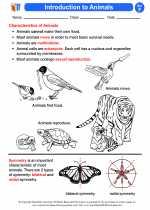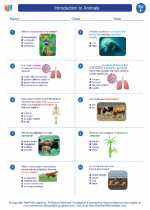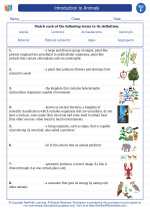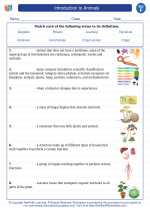Ribosomes
Ribosomes are small, complex structures found in the cytoplasm of cells. They are responsible for protein synthesis, which is the process by which the genetic information encoded in the DNA is used to create proteins. Ribosomes can be found in both prokaryotic and eukaryotic cells, and they are essential for the functioning of all living organisms.
Structure of Ribosomes
Ribosomes are composed of two subunits, a large subunit and a small subunit, each made up of proteins and ribosomal RNA (rRNA). The large and small subunits come together during protein synthesis to form a functional ribosome. The ribosome has three binding sites for tRNA molecules: the A site, the P site, and the E site, which are essential for the translation process.
Function of Ribosomes
Ribosomes play a crucial role in the process of translation, where the genetic information from mRNA is used to assemble proteins. During translation, ribosomes facilitate the binding of tRNA molecules to the mRNA, and the formation of peptide bonds between the amino acids carried by the tRNA molecules. This results in the synthesis of a specific protein based on the genetic code carried by the mRNA.
Types of Ribosomes
In eukaryotic cells, ribosomes can be found either free in the cytoplasm or attached to the endoplasmic reticulum. The free ribosomes are responsible for synthesizing proteins that will function in the cytoplasm, while the ribosomes attached to the endoplasmic reticulum are involved in the production of proteins that will be exported from the cell or used in the cell membrane.
Study Guide for Ribosomes
- What are ribosomes and where are they found?
- Describe the structure of ribosomes, including the composition of the two subunits.
- Explain the function of ribosomes in protein synthesis.
- Differentiate between free ribosomes and ribosomes attached to the endoplasmic reticulum in eukaryotic cells.
- Discuss the importance of ribosomes in the overall functioning of living organisms.
Studying ribosomes is essential for understanding the process of protein synthesis and the functioning of cells. It is important to grasp the structure and function of ribosomes, as well as their role in different types of cells.
[Ribosomes] Related Worksheets and Study Guides:
.◂Science Worksheets and Study Guides Sixth Grade. Introduction to Animals

 Activity Lesson
Activity Lesson
 Worksheet/Answer key
Worksheet/Answer key
 Worksheet/Answer key
Worksheet/Answer key
 Worksheet/Answer key
Worksheet/Answer key
 Vocabulary/Answer key
Vocabulary/Answer key
 Vocabulary/Answer key
Vocabulary/Answer key
 Vocabulary/Answer key
Vocabulary/Answer key
 Vocabulary/Answer key
Vocabulary/Answer key
